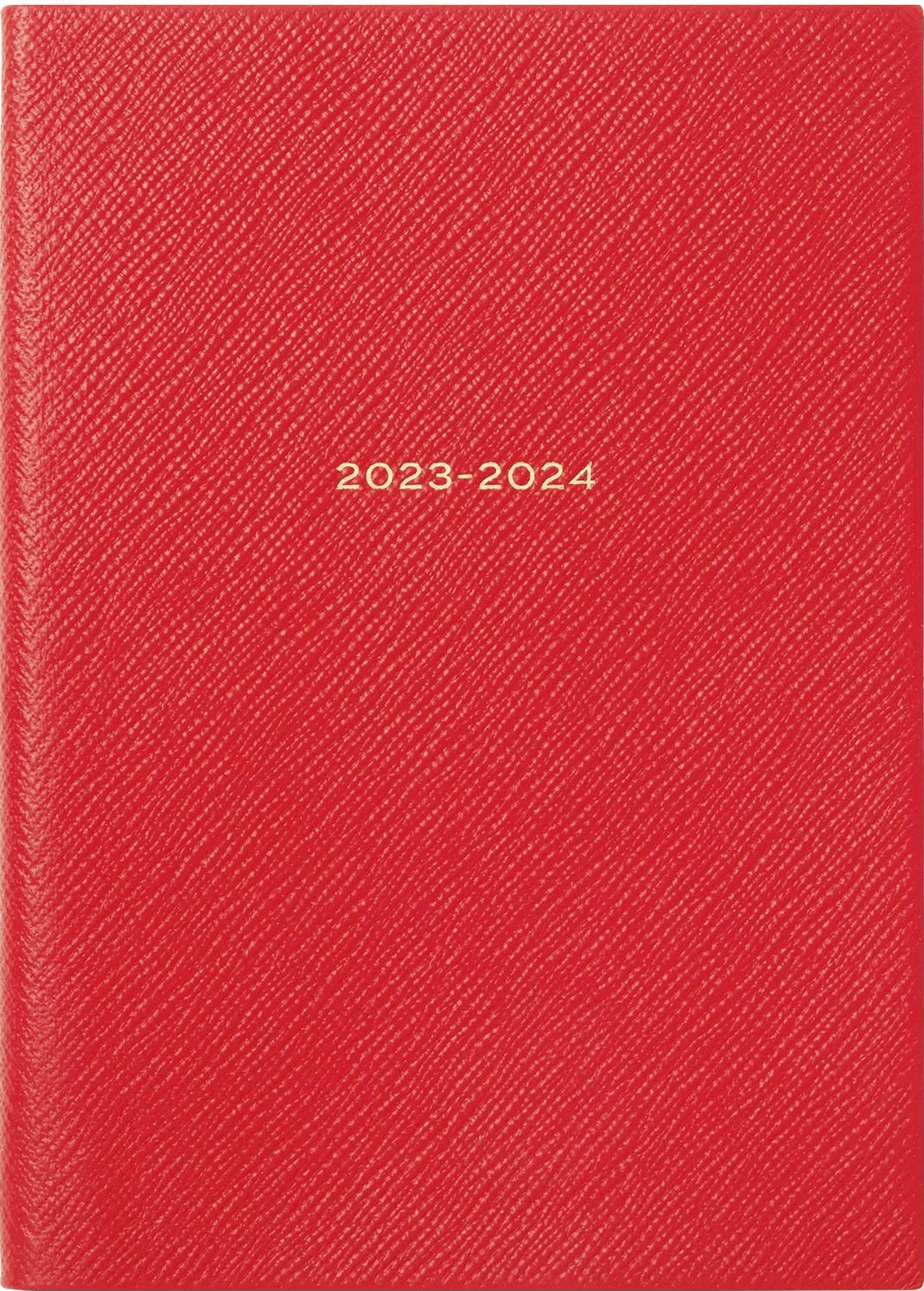Goodbye Big Red Book: Embracing Simple Tech in Civil Litigation
Let's take a step back from the AI hype for a moment. While artificial intelligence is certainly exciting and full of potential for the justice system, there are simpler, more immediately implementable solutions that can dramatically improve the civil litigation process. As someone who has been pushing for legal tech adoption for years, I've found that sometimes the most impactful changes come from addressing the basics - the day-to-day inefficiencies that plague our courts and frustrate litigants and lawyers alike.
We don't need cutting-edge machine learning algorithms or blockchain-based smart contracts to start making a difference. What we need is a willingness to embrace readily available digital tools that can replace outdated, manual processes. The "Big Red Book" - that physical court calendar that has been the bane of many a lawyer's existence - is a perfect example of where a straightforward technological solution can have an outsized impact.
By focusing on this low-hanging fruit, we can create immediate, tangible improvements in how our civil justice system operates. Not only will this make life easier for lawyers and judges, it will also increase access to justice for the general public by reducing costs and speeding up the process. So let's talk about practical, achievable steps we can take right now to modernize our courts, starting with something as simple as an online calendar system.
If you've ever been involved in a civil lawsuit, you know that the process can be long, drawn out, and expensive. Inefficiencies in the system lead to delays, continuances, and ultimately higher costs for everyone involved. But it doesn't have to be this way. By embracing readily available technology and modernizing the process, we can make the system more efficient, effective, and accessible without getting caught up in the hype of cutting-edge innovations.
The civil litigation process is built upon an outdated model that is rife with inefficiencies. For starters, the use of paper calendars by the Court to schedule hearings can be maddening at times. These paper calendars, often referred to as the "Big Red Book," are typically managed by gatekeepers who control access to the hearing dates. This delays the process as the parties have to work through these gatekeepers to get the information necessary to keep the case moving forward.
In addition to having to leave messages, traditional civil litigation often requires runners to physically go to the courthouse to retrieve a court date. What's more, this process often leads to continuances as dates get moved around and conflicts arise because no one checked with the opposing side to make sure the date worked for all parties. This is not only time-consuming, but it also adds unnecessary costs.
Fortunately, there is a simple solution to these problems: get rid of the "Big Red Book" and use an online calendar. Online calendars can replace paper calendars, making it easier to schedule hearings and deadlines. By providing access to the Court's calendar online, there is no need to play phone tag with the minute clerk or send runners to the courthouse. The parties can simply go online to the Court's website, check the Court's availability, call opposing counsel to clear the date, schedule the hearing online, add it to their Outlook/Google/Apple calendars with one click, and file the appropriate motion.
This simple process saves everyone a tremendous amount of time and money. The other benefit to the parties who use the online calendar is that they receive text and email reminders with a link to the Court's virtual courtroom. No more calling the Court the morning of the hearing to get the link or password. These reminders also trigger the attorneys to call one another before the hearing, sometimes resulting in an agreement without the need for even going to court.
The Court also benefits. The foot traffic and number of calls that the Court receives will fall dramatically once it implements an online calendar. This saved time enables the court's staff to work on other important matters with fewer interruptions. My phone hardly rang after I implemented an online calendar.
While more advanced technologies like generative AI hold promise for the future, we shouldn't overlook the immediate and significant impact that basic digital tools can have on our legal system. The civil litigation process is in need of reform, and often the most effective changes are the simplest ones. By modernizing with readily available technology like online calendars, we can address many current inefficiencies without getting bogged down in complex implementations or ethical debates. This approach will make the process more efficient and less costly for everyone involved, resulting in faster, more streamlined justice delivery. As we continue to explore cutting-edge innovations, let's remember that the most impactful changes often start with addressing the basics. It's time to bid farewell to the Big Red Book and embrace the digital future of civil litigation - one practical step at a time.
For more posts like this one, visit JudgeSchlegel.com.
![[sch]Legal Tech](https://substackcdn.com/image/fetch/$s_!tpbI!,w_80,h_80,c_fill,f_auto,q_auto:good,fl_progressive:steep,g_auto/https%3A%2F%2Fbucketeer-e05bbc84-baa3-437e-9518-adb32be77984.s3.amazonaws.com%2Fpublic%2Fimages%2Feb714602-b05a-4e7a-96ee-e66eefa09112_1280x1280.png)

![[sch]Legal Tech](https://substackcdn.com/image/fetch/$s_!tpbI!,w_36,h_36,c_fill,f_auto,q_auto:good,fl_progressive:steep,g_auto/https%3A%2F%2Fbucketeer-e05bbc84-baa3-437e-9518-adb32be77984.s3.amazonaws.com%2Fpublic%2Fimages%2Feb714602-b05a-4e7a-96ee-e66eefa09112_1280x1280.png)

